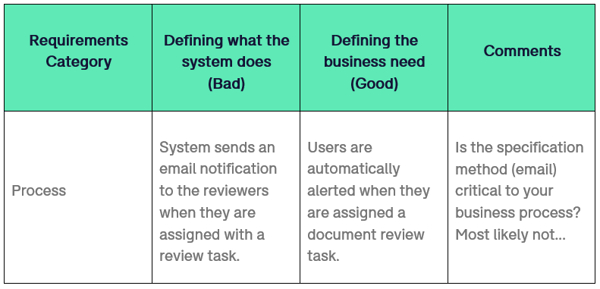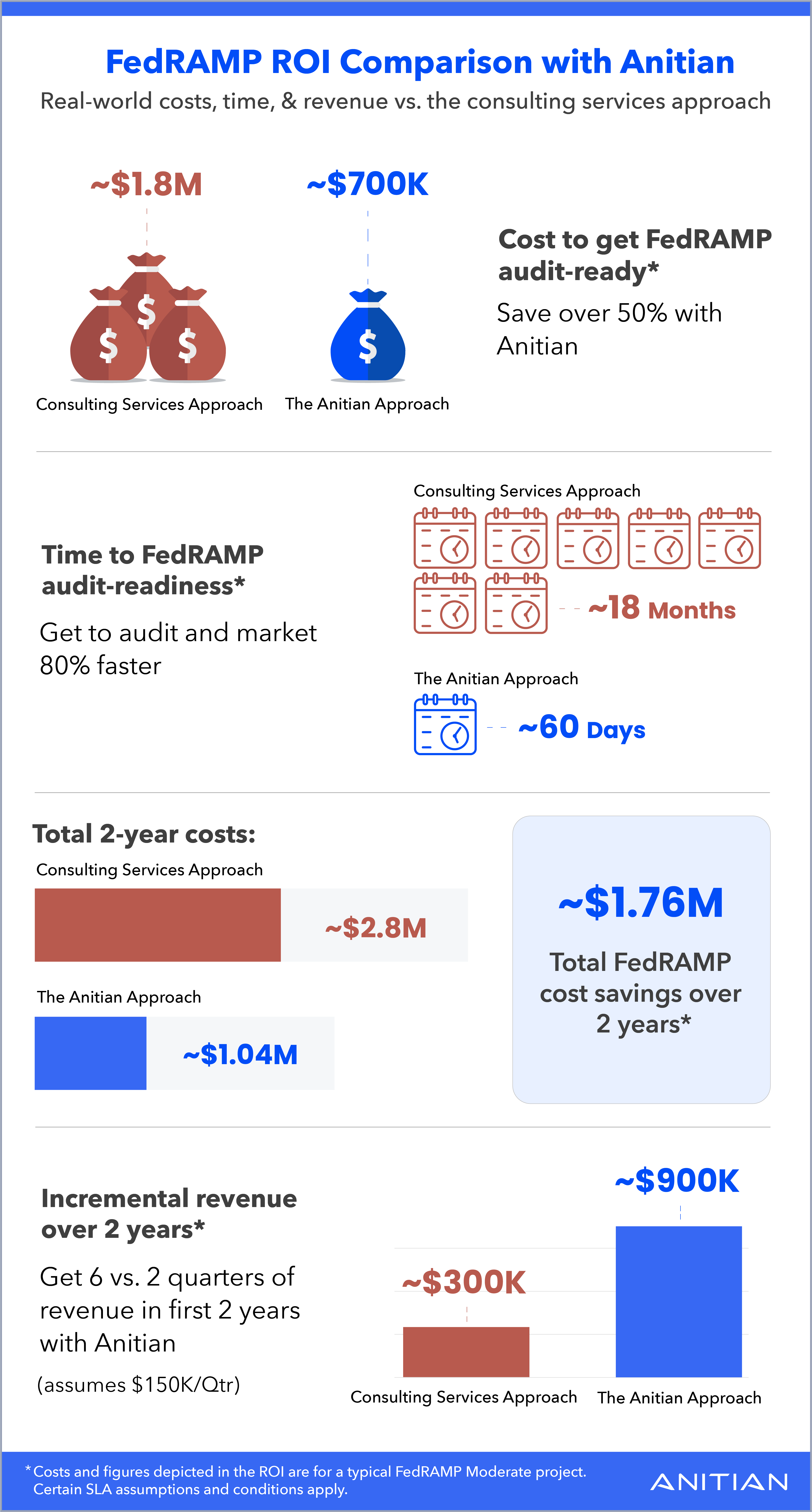What is Independent Software Vendor
An independent software vendor (ISV) specializes in developing and selling software, tailored for niche markets or designed for mass. The software products sold run on one or more computer hardware and/or operating system. Some of the companies that develop the platforms include Microsoft, HP, Apple, and IBM.

In the software industry, and specifically in the enterprise resource planning (ERP) segment, schemes to classify software and software vendors have always existed. One of the most common has been the classification of and their solutions into tiers. As the name would suggest, vendor risk management software is any software that helps you manage your company’s risk when it comes to vendors. Vendors can be anyone you have a. Vendor management software serves three main functions: 1. Vendor Engagement. Effective and accessible communications channels that allow for quick and easy interaction between.
Software companies are part of the broader computer industry and provide products in one of four categories: programming services, system services, open source, and software as a service (SaaS). This document provides a list of Software Vendors who are certified to submit transactions to CBP via the Automated Broker Interface (ABI). This document further specifies what functions vendors are certified to file ABI transactions.
They encourage and support ISVs mostly using special “business partner” programs. Ideally, the more the applications running on a platform, the more value it delivers to the end user or customer. In most cases, you will find the platform manufacturers such as Microsoft and IBM also develop applications. However, they often lack the resources and the technical skills required to do so.

ISV Applications
Think of all those programs that run on your windows 8 or Mac platform and you will realize there are so many ISVs. There are varieties of ISVs. Some focus on particular operating systems such as IBM’s small business AS/400 while others run on completely different platforms.
Regardless of the operating system run on, there are thousands of ISV applications, with others specializing in a specific application area, such as manufacturing, and develop software specifically for high-end, UNIX-based workstation platforms. ISVs primarily develop and sell software that you fill often find added to platforms. While you will find value-added resellers (VARs) incorporating platform software into software product packages of their own, Original equipment manufacturers (OEMs), on the other hand, use components of hardware platform to develop larger products.
The difference between ISVs and Hardware Manufacturers
ISVs make and sell their own software; hardware manufacturers do not have to control or own a part of their products. Hardware manufacturers, such as Unisys and IBM, distribute software but are not ISVs. Companies that sell software products do not also qualify as ISVs. For a company to be termed as an “ISV,” they must be offering products that the primary vendor – such as Microsoft – does not offer, meeting the software needs of the clients of that particular vendor.


Independent software vendors create price competitive products and speed up the pace of technology innovation in their niche or particular market. ISVs are also known as software publishers.
Lis Software Vendors
Some or all of the software applications running on backend platforms, such as Linux and Windows, are built by ISVs. Applications built by independent software vendor range from basic utility/ productivity applications to enterprise level business process applications, including Enterprise Resource Planning (ERP), Customer Relationship Management (CRM), and automation tools.
How ISVs Differ from OEMs
An independent software vendor identifies an opportunity in the software market that they specialize in and in turn design and build applications that solve a particular problem. For instance, an ISV that specializes in developing software applications in the business niche focus on financial, marketing, and accounting software. ISVs that develop software for end users often sell it as a retail product, but end users must adhere to software license limitations.
They are made to understand that software code modification and distribution is strictly prohibited. The most significant difference between original equipment manufacturer (OEM) software developers and ISVs is that the latter develops software applications mostly for human use while the former focuses on building backend applications at the system level.
Challenges Facing ISVs
In a world of rapidly evolving user experience coupled with continuous customer sophistication and increased user demands, there is a growing business need influenced by technology, compliance, regulations, economy, and globalization. As a result, software enabled service providers and independent software providers continue to face multifaceted challenges, such as growing technical competencies, short software release cycles, an increased demand for faster time-to-market, and shrinking product shelf lives. Under such challenging conditions, it is critical to form the right product strategy for sustenance and growth.
While opportunities for growth can be numerous, the competition remains stiff. Among the key factors driving the unprecedented growth, include the rapid integration of SaaS and other Cloud based services, including SaaS models, Business Analytics, and Enterprise Mobility. Therefore, organizations have to up their game by adopting cost effective methods and procedures, considering scalability, innovation, and agility. ISVs have to come up with creative ways to address these challenges.
How ISVs Tackle Their Challenges
Using outcome based engagement models and ready to use tools, including best practices, ISVs can manage mature product lines, reduce time to market, produce better quality, and enhance profitability in the process of focusing on innovation. They can also utilize their core expertise in various components of the product development lifecycle, such as UI expertise, design consulting, product ideation, commercial software development, and extensive cloud strategies to ensure seamless multi-platform deliver and performance of their products and applications.
The ability to adapt from the many models of development is a great advantage for an ISV. In addition, those who can define a best-of-breed approach to become outstanding and gain critical advantage, especially in a highly competitive marketplace can thrive for many years to come and in turn deliver real business value to their esteemed customers.
Successful Independent Software Vendors are Those Who are Able to:
- Penetrate new markets with SaaS products and mobility solutions
- Deliver rich, value-adding cross-platform user experiences
- Leverage their smart analytics
- Increase company revenue and profits
- Speed up time to market for their products
To stay competitive in a highly dynamic market, independent software vendors must expand their horizons – from challenging the logic and rationale of traditional partnerships to openly embracing new business opportunities available out there.
Conclusion
As cloud computing continue to grow rapidly, the constant evolution of customer interaction and the rapid adoption of mobile devices, ISVs often find themselves at center of game-changing forces with great potential to reshape their enterprise. ISVs do not have to answer to companies that develop operating systems, such as IBM and Microsoft. On the contrary, they are fully independent and their applications or activities are not controlled or monitored.

Grc Software Vendors
They often choose a specific niche or market they are well conversant with and built thousands of applications that run on multiple platforms. Despite facing many challenges, ISVs continue to devise new strategies to tackle the problems in their highly dynamic markets. Some of the solutions to the problems facing Independent software vendors include adopting cost effective methods, developing products that are scalable, and embracing innovation.
